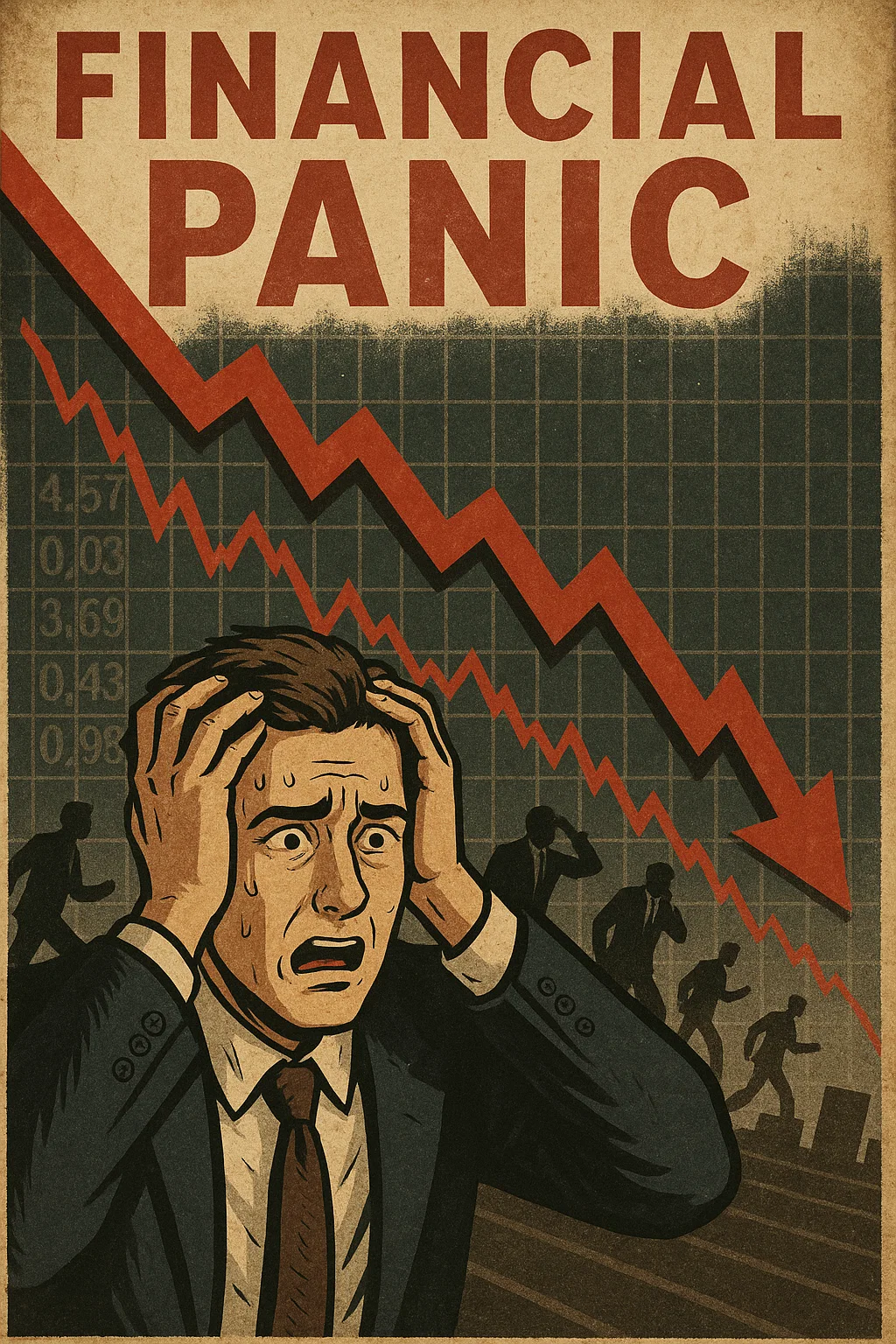The rain outside had started to drizzle again, tapping gently against the windows of Astraea’s apartment. Vardaan stirred his coffee thoughtfully.
“You know,” he said, “I keep reading headlines about market slowdowns, inflation, funding winters… What can a small business like mine actually do to prepare for a financial downturn?”
Astraea leaned back, her expression calm. “I’m glad you’re thinking ahead. A financial downturn doesn’t have to mean disaster—if you’re prepared.”
Why Planning for a Downturn Matters
“Running a business isn’t just about riding the highs,” Astraea explained. “It’s about being ready for the lows too. Planning for a downturn is what separates the survivors from the shut-downs.”
Vardaan nodded. “So where do I begin?”
5 Steps to Prepare Your Business for a Downturn
1. Build a Cash Reserve
“Cash is king in tough times. Set aside a buffer that can cover at least 3–6 months of core expenses. This gives you breathing room when revenues slow down.”
2. Trim Non-Essential Costs
“Review every expense. Are there tools, subscriptions, or overheads you can do without? Be lean, not cheap—cut waste, not value.”
3. Strengthen Customer Relationships
“In a downturn, retaining customers is cheaper than acquiring new ones. Focus on service, loyalty programs, and personalized support. Make yourself indispensable.”
4. Diversify Revenue Streams
“Don’t depend on one client or product. Explore adjacent markets, new pricing models, or digital offerings that can buffer losses.”
5. Forecast and Stress-Test Your Finances
“Run worst-case scenarios. What if sales drop 30%? What if funding delays by 6 months? Simulate these situations and plan your responses now.”
How 21DEGREES Helps You Navigate Stormy Waters
“So it’s not just about reacting—it’s about being proactive?” Vardaan asked.
“Exactly,” Astraea smiled. “And at 21DEGREES, we help you stay two steps ahead.”
Here’s what we offer:
- Downturn-Proof Budgeting: We help you identify cost centers and build smart, adaptable budgets.
- Financial Scenario Modeling: Test your resilience under different market conditions—before they hit.
- Strategic Advisory: From renegotiating vendor contracts to rethinking pricing, we’re with you at every decision point.
“Feels like financial preparedness is really just… peace of mind,” Vardaan said, sipping his coffee with a newfound sense of clarity.
“That’s exactly it,” Astraea nodded. “A well-prepared business doesn’t fear downturns. It endures, adapts—and often emerges stronger.”




